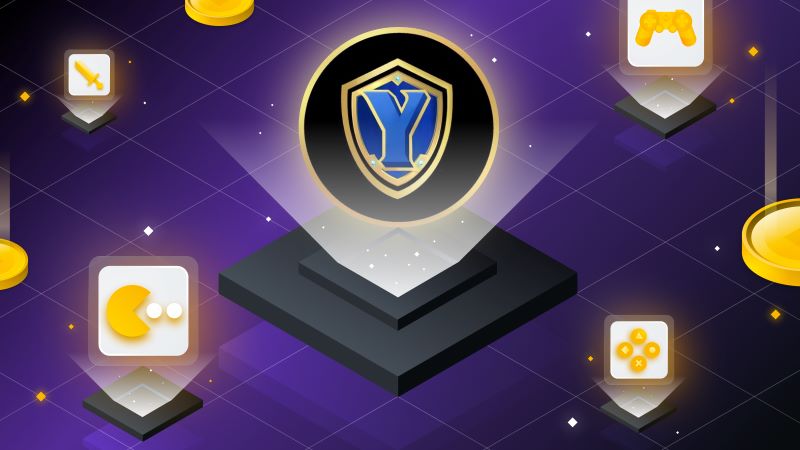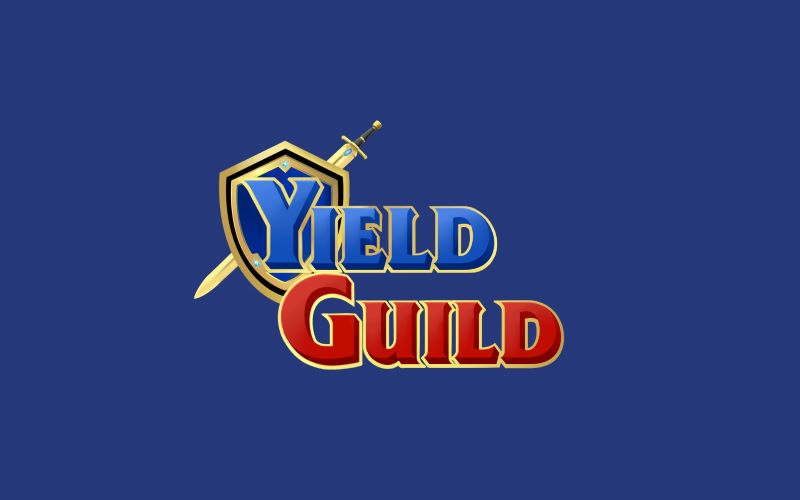In the evolving world of blockchain gaming and play-to-earn (P2E) economies, guild games have emerged as a solution to several pressing challenges. These gaming guilds not only create opportunities for players but also address underlying issues that have long persisted in the gaming industry, particularly within the P2E ecosystem. But what specific issues do guild games address? Let’s explore the key areas where these guilds are making a significant impact.
Access to In-Game Assets
One of the biggest challenges in play-to-earn (P2E) games is the high cost of entry. In many of these games, players need to purchase expensive in-game assets, such as NFTs (non-fungible tokens), cryptocurrency, or other digital items in order to participate or maximize their earnings. This can be especially problematic in areas of the world where incomes are lower, making it difficult for many potential players to even consider joining the game. As a result, the opportunity to participate in P2E gaming often becomes limited to those who can afford these high upfront costs, leaving out a significant portion of the global population.
Guild games solve this problem by providing what’s known as asset lending or scholarship programs. These programs allow players to borrow the in-game assets they need from the guild without having to buy them upfront. In return, players typically share a portion of their in-game earnings with the guild. This way, even those who don’t have the financial means to invest in expensive game items can still participate, learn, and potentially earn from the game.
This system helps to democratize access to gaming by breaking down the financial barriers that prevent many from joining. It opens up opportunities for a much wider range of players, including those from developing regions, to engage in P2E economies. By offering this asset lending model, guild games not only grow their own communities but also contribute to creating a more inclusive and diverse gaming environment globally. This approach ensures that blockchain gaming and P2E models are not just reserved for a select few, but are accessible to anyone with the time, skill, and dedication to play.
Player Inequality
Without proper regulation, play-to-earn economies can exacerbate inequality among players. Those who can afford to purchase high-value NFTs or tokens gain an unfair advantage over others. Guild games promote fairness by organizing players and providing them with the resources needed to compete on equal footing. By distributing assets and sharing profits, guilds level the playing field and empower players from all economic backgrounds.
Sustainability of Play-to-Earn Models
Many play-to-earn (P2E) games face a major challenge in keeping their in-game economy stable and sustainable over time. As more players join these games, the demand for tokens often rises quickly. However, when the supply of tokens increases too fast without proper balance, it can lead to token inflation. This means the value of the game’s token starts to decrease because there are too many tokens available in the market. As a result, long-term players who have earned tokens might see their rewards lose value, which can discourage them from continuing to play.
This is where guild games come in to help maintain a healthier economy. Guilds encourage active participation and foster a sense of long-term commitment among players. By organizing groups of players, guilds can strategically manage how and when to introduce new players to the game, ensuring there isn’t an overwhelming surge that would disrupt the economy. They also help by pooling resources, meaning that the guild manages assets like NFTs or tokens in a way that benefits all its members, rather than everyone acting independently.
In addition, guilds often share rewards among players, which makes earnings more stable and predictable. This collective approach not only ensures that more players stay involved over a longer period but also supports the game’s overall economy, making it more resilient. By carefully managing the flow of players and resources, guilds contribute to the long-term success of both the game and the play-to-earn model. This ensures that the game remains enjoyable and profitable for all players, even as the ecosystem grows.
Community Building and Engagement
In many online games, especially in the P2E space, players can feel isolated or lack a sense of community. Guild games address this by fostering strong community engagement. They offer players a sense of belonging, mentorship, and shared goals, which enhances the gaming experience. Through organized events, communication channels, and strategic collaborations, guilds help players connect and work together, creating a more engaging and socially fulfilling gaming environment.
Job Creation in the Digital Economy
Another major issue that guild games address is the lack of job opportunities in traditional gaming models. In many P2E games, players can generate income, but only on an individual basis. Guilds turn gaming into a structured profession by creating teams of players, managers, and support staff. This transforms gaming from a hobby into a legitimate job opportunity, particularly in regions where traditional employment may be limited. By organizing players and offering guidance, guilds ensure that gaming can be a sustainable income source for many.
Reducing Volatility in Player Earnings
The earnings of P2E players can often be volatile, depending on the value of in-game tokens or the success of their gameplay. Guild games help reduce this volatility by distributing rewards and sharing profits among members. This collective pooling of resources allows players to have more stable and predictable earnings, helping them better plan their gaming careers and financial futures.
The issues that guild games address are critical in shaping the future of play-to-earn gaming. From improving access to assets to creating sustainable job opportunities, guilds play a pivotal role in ensuring that blockchain-based games are fair, inclusive, and sustainable. As the gaming industry continues to evolve, the importance of these guild games will only increase, helping to create a more equitable and thriving ecosystem for players worldwide.

